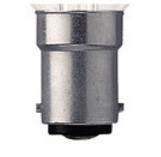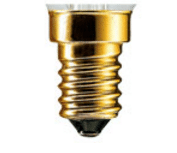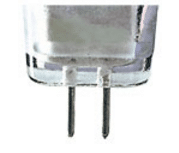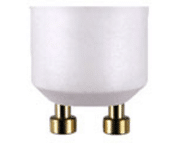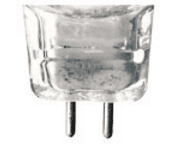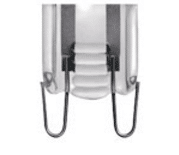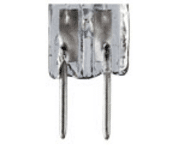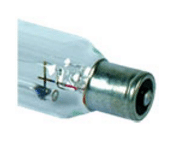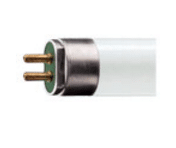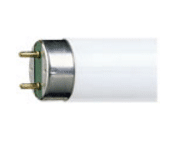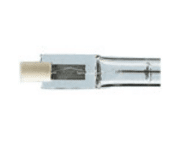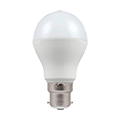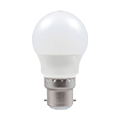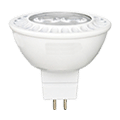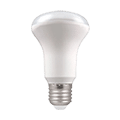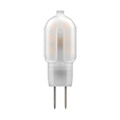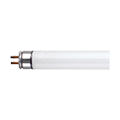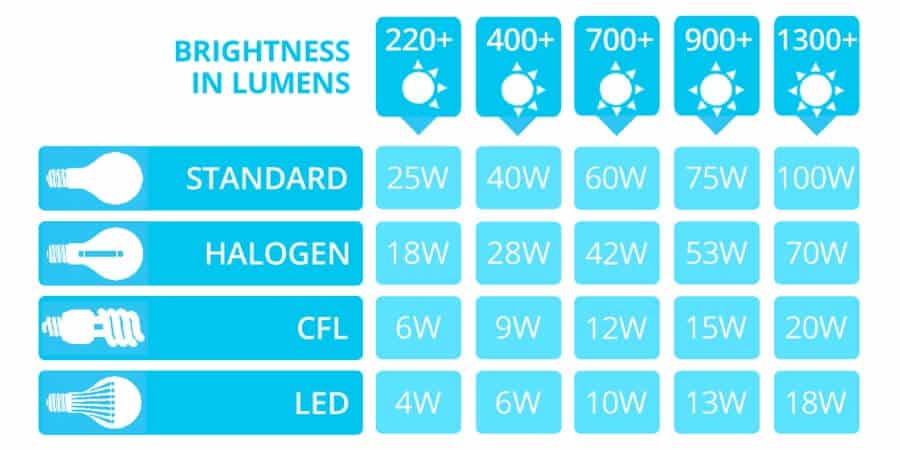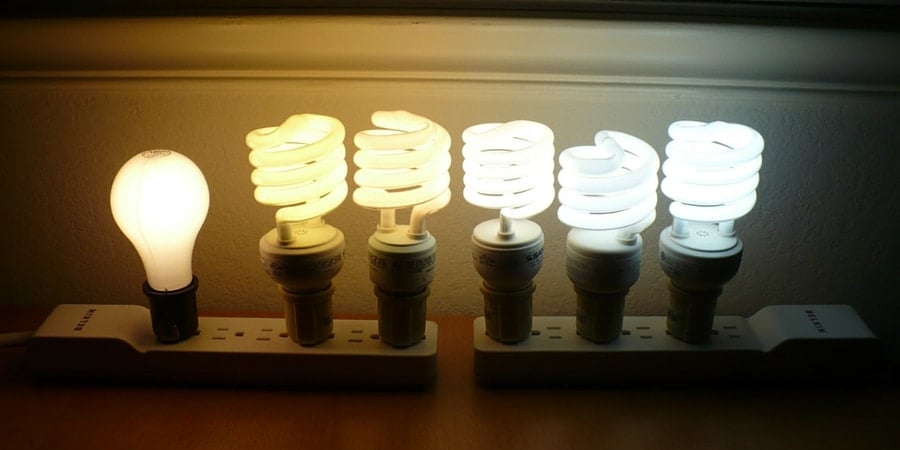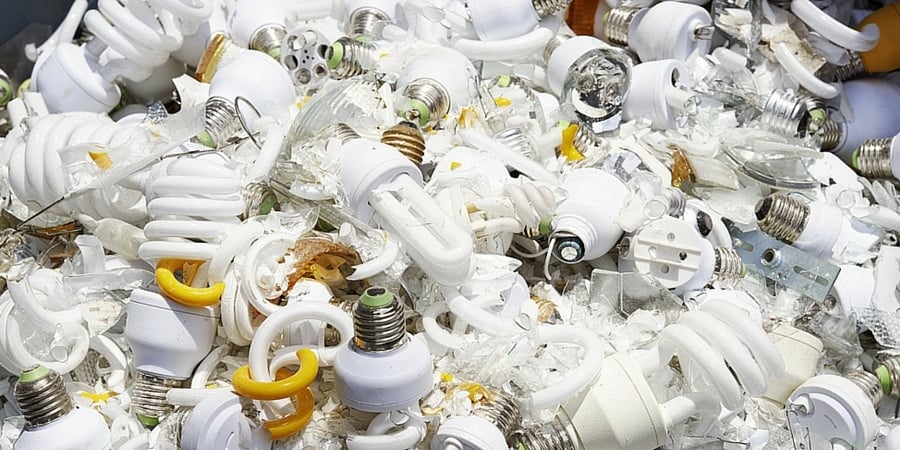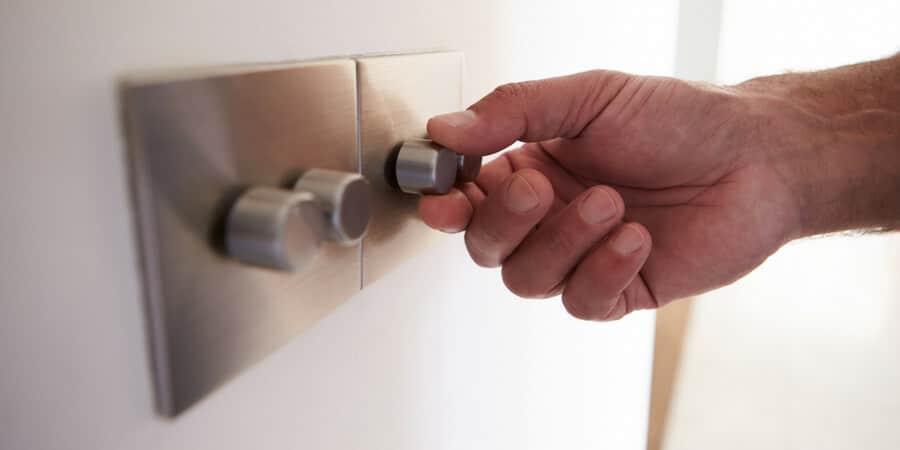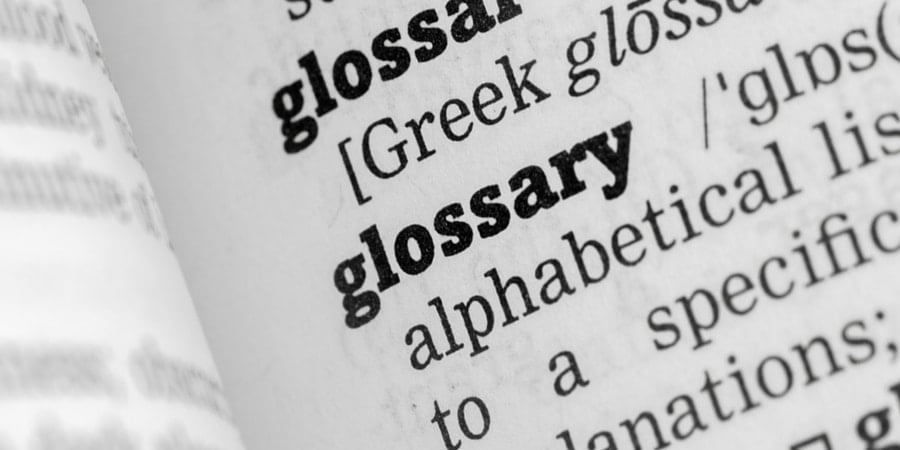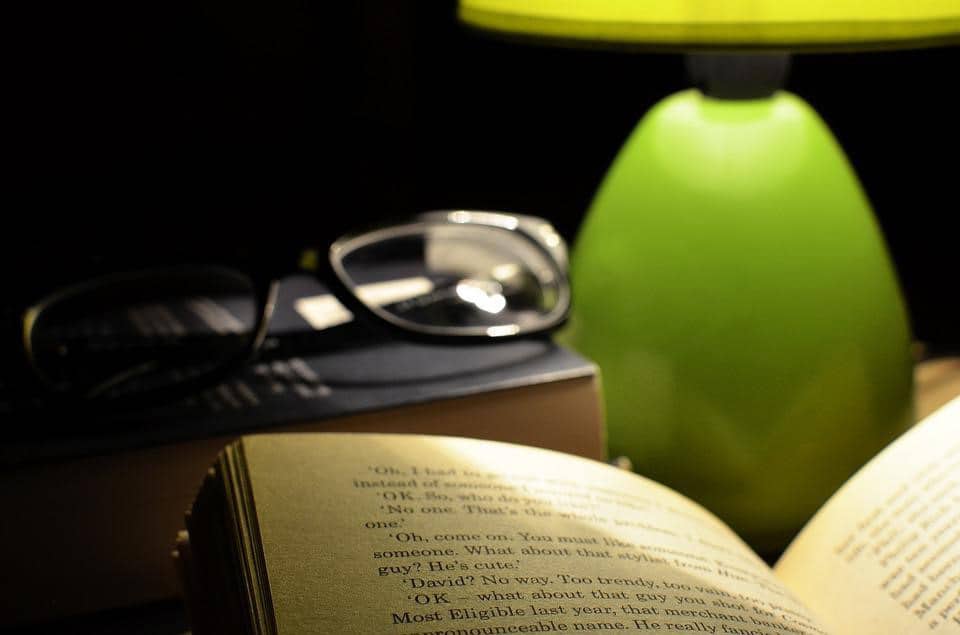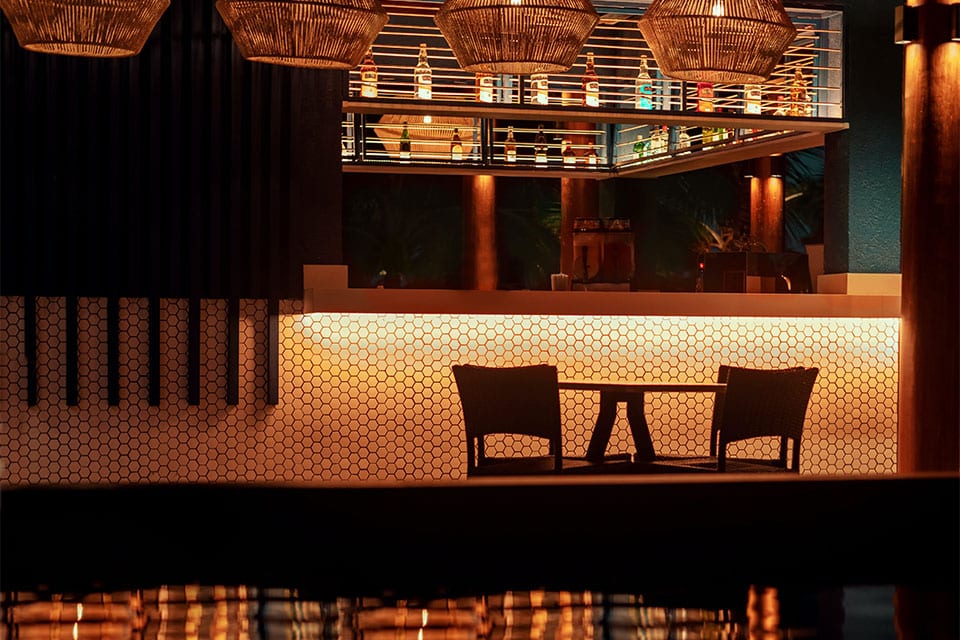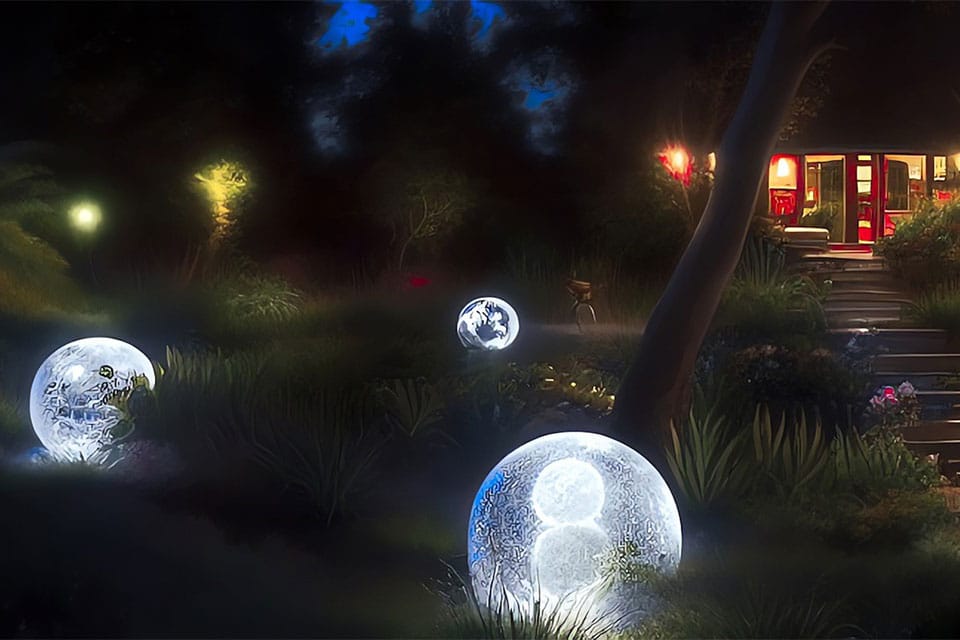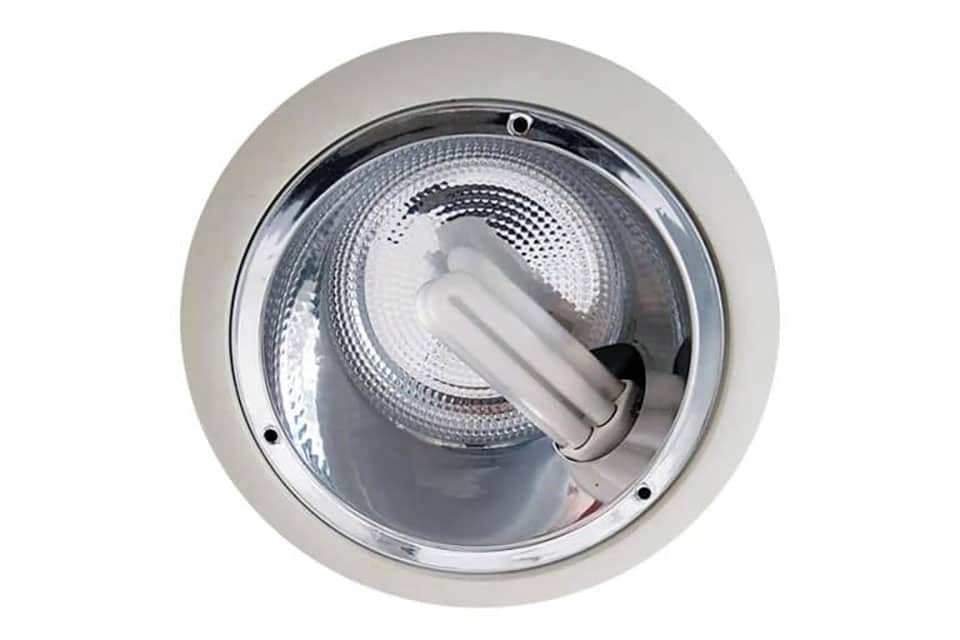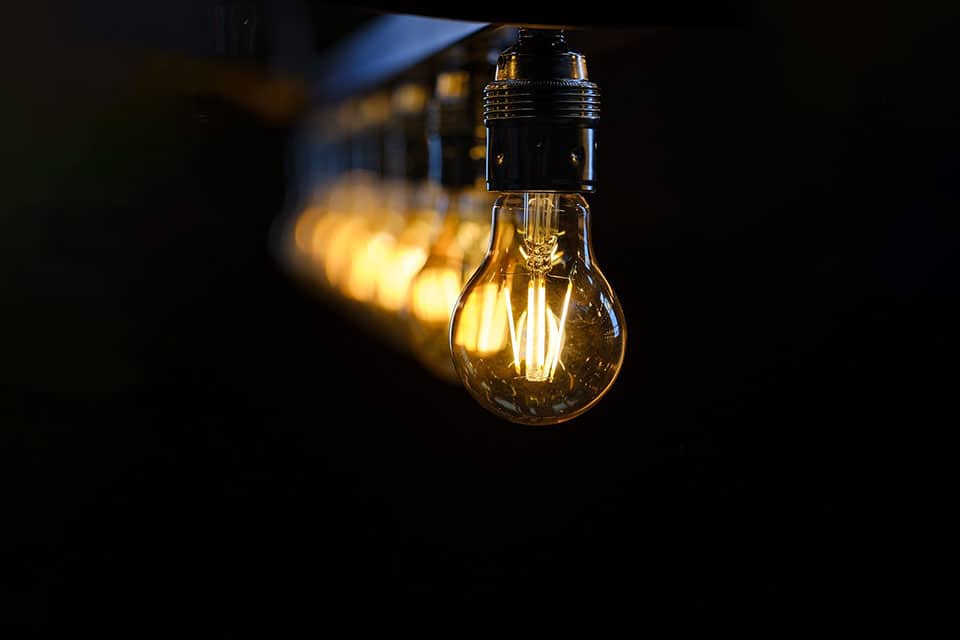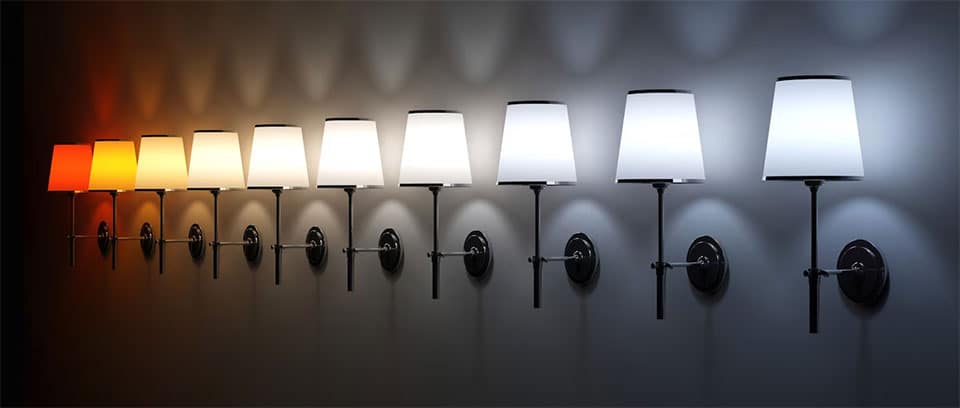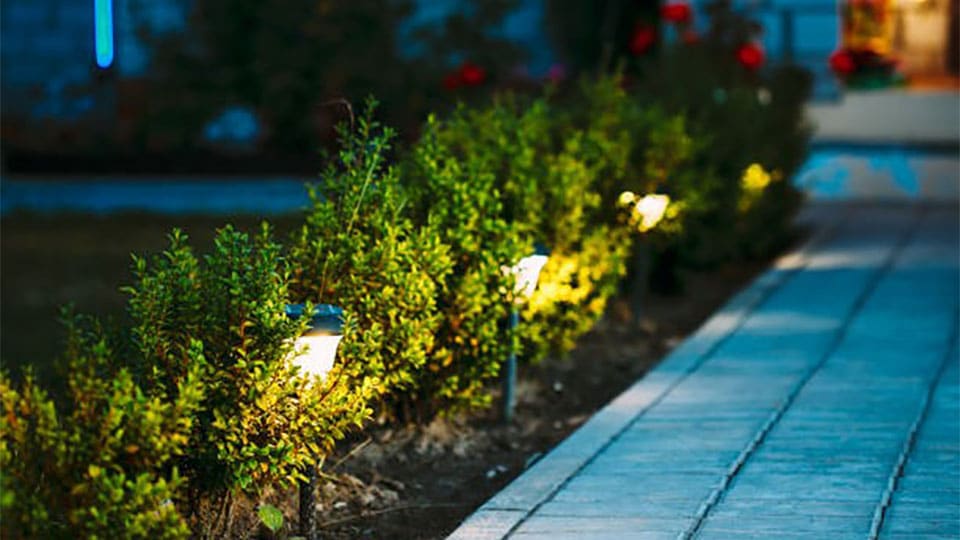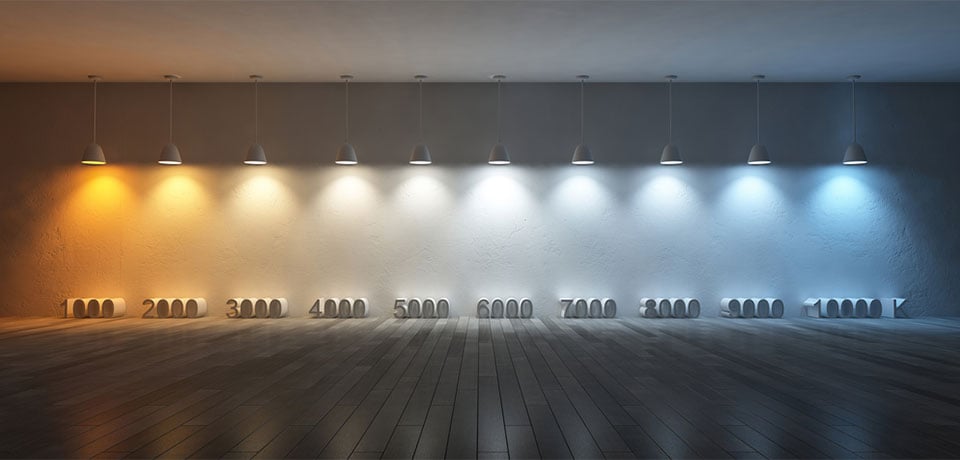Reading is an important activity in one’s life, and if done incorrectly it can be quite harmful to the eyes in the long run. We are of course talking about the type of light one uses for reading, during any time of the day.
While any bright light is good for reading, there are certain specifications that will enhance your reading experience. There are various aspects to consider here, from the distance of the lightbulb to your reading position, how many lumens for ideal reading, to even different types of light fixtures that are perfect for readers.
Not every reader is the same. So, there is no one-solution-fits-all in this case. You will need to understand which type of light and fixture helps you achieve the best experience.
We will discuss all of this and more in this blog!
Why Consider Lumen And Not Watts?
Consumers usually take into account the watts of a lightbulb to get a sense of its illumination levels, this is generally wrong. The watts represent the energy consumption of a bulb, whereas it is the lumen count which represents the brightness level. All bulbs we purchase have their lumen count marked on them.
A bulb of 75 watts, which is quite standard, will have a lumen count of 1100. Whereas, a bulb of 40 watts, which is lower than usual, will have a lumen count of 470. If you want a light on your desk for daily reading and writing, a bulb of 470 lumens should be perfect. But, if you are looking for a light that will ensure you can read for long hours in any part of the room and without any stress on your eyes, a bulb of 800+ lumens is necessary.
There are many people who do not read as a part of their daily activities. Rather, they might read a few pages at night before going to sleep. In such a case, 250 lumens worth of brightness should be more than enough. If you are to install a usual high-lumen light bulb for reading at night, it can prevent you from falling asleep due to its excessive brightness.
So, whatever the purpose is, consider the lumen count of the bulb you are buying if you want to really understand how much brightness you will achieve. If you use an overtly bright bulb, it can be harmful to your eyes.
How To Position The Perfect Reading Light?
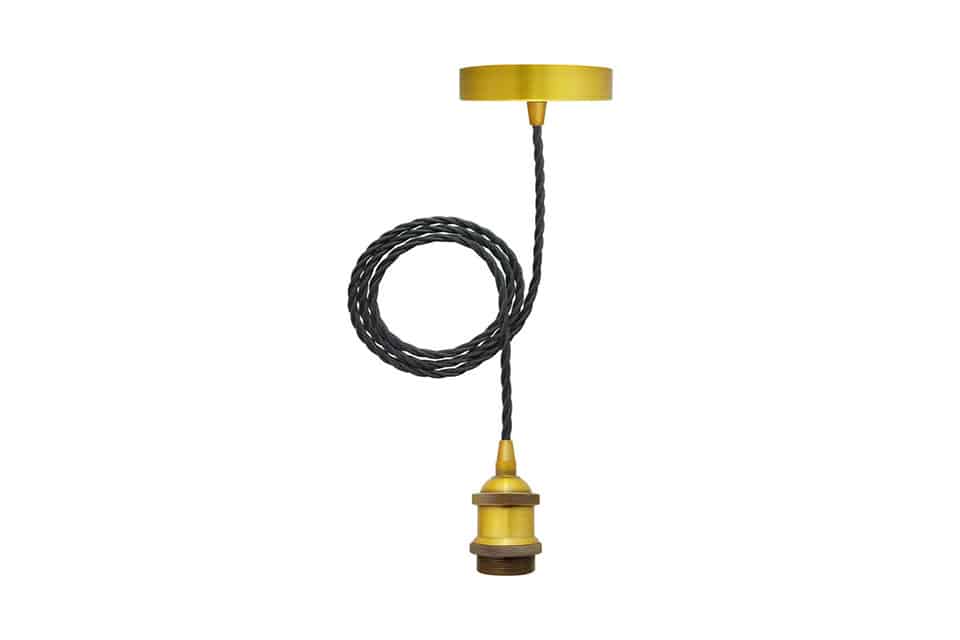
Distributing the light evenly is important while reading. In this regard, there are certain questions you must ask yourself. Do you change your position a lot while reading? Do you read in different parts of the room or at a dedicated desk? Are you reading through a huge amount of material for work or just light reading?
If you are reading in different parts of the room or changing your position frequently, then a set of light fixtures that illuminate the room evenly is your best option. This will ensure you will be able to pick up the book from your table and lie down on the bed and continue to read without a change in the lighting.
But, if you want to spend long hours at your desk reading, then you should consider a mounted lamp. If you are doing so on your bed, then have a mounted wall lamp, as this will directly illuminate the reading material. Even though you will use this light as your primary source, make sure that the rest of your room is illuminated sufficiently.
For night-readers, a mounted wall lamp will also provide a better experience than a bedside lamp.
What If You Are Reading Online?
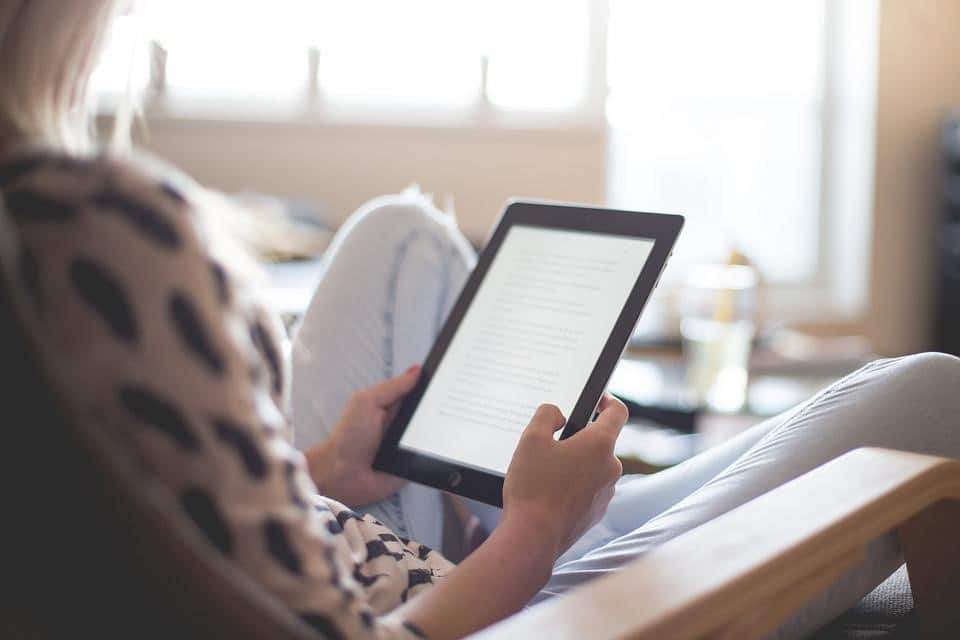
The truth is that more and more people are now moving towards reading online or using devices such as tablets for reading. While reading through a screen for long hours can be heavily damaging for the eyes, there are ways in which you can try to ensure you don’t end up with glasses within a few years.
For those who are bound to use their screen for maximum reading, having a bright central source of light in the room is important. You can complement it by having another smaller source near your reading position. But, neither of these lights should directly fall on your screen as this will require you to make your screen even brighter.
You should also consider installing a blue-light filter app on your PC or mobile device, these will help reduce the warmth of the light emanating from your screen, and allow you to read for longer without feeling stressed. You can also reduce the brightness level of your screen when you are reading for long hours.
Final Thoughts
If you are a reader, be it for work, casual bedtime reading, or just a general bookworm, you need to ensure that the position and brightness of your lightbulb help you to read. Carefully consider the position and lumen count of the lightbulb, and also consider multiple fixture options.
And as you grow older, you also need to increase the brightness level of the lights to match your current reading power. It is a given that our eyes become weaker with age, so the lights in your reading area should be able to help you read without a hitch.
Hopefully, this blog will enable a better reading experience for you.



